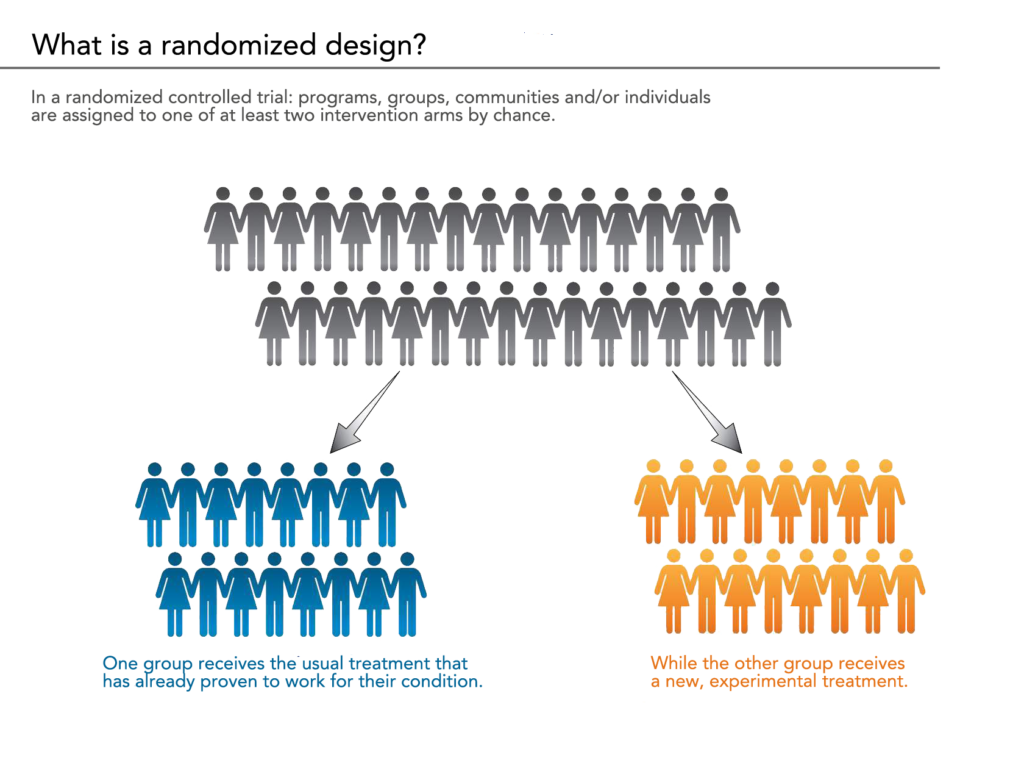About CPIC
 Community Partners in Care (CPIC) was a collaborative research project of community and academic partners working together to learn the best way to reduce the burden that depression places on our communities and other vulnerable populations. We worked in the communities of South Los Angeles (SPA 6) and Hollywood-Metro LA (SPA 4).
Community Partners in Care (CPIC) was a collaborative research project of community and academic partners working together to learn the best way to reduce the burden that depression places on our communities and other vulnerable populations. We worked in the communities of South Los Angeles (SPA 6) and Hollywood-Metro LA (SPA 4).
CPIC was developed out of five years of collaborative work on how to address depression in our communities, on many years of prior research on how to improve depression care in primary care settings, and on extensive efforts to address health disparities through community-partnered initiatives.
CPIC asked the question of whether agencies and communities working together through a community engagement process is a better way of improving depression services and client outcomes than agencies working alone.
Specifically, CPIC compared two approaches to support services agencies in our communities—Community Engagement and Planning (CEP) and Resources for services (RS). First we compared these two approaches in a research phase using a randomized design. This means that some agencies participated in a Community Engagement and Planning process while other agencies received resources to provide depression-related services such as outreach, case management, and treatment. In this phase we learned what strategies work best to deliver depression services and improve outcomes for clients.
 The research phase was followed by a dissemination phase where we shared the results with the community and applied the lessons learned from the research phase by jointly offering workshops and sharing the most effective strategies with the community at large.
The research phase was followed by a dissemination phase where we shared the results with the community and applied the lessons learned from the research phase by jointly offering workshops and sharing the most effective strategies with the community at large.
Download Resource:
Funders
The Community Partners in Care study was funded by the National Institute of Mental Health with additional support provided by a grant from the Robert Wood Johnson Foundation’s Finding Answers: Disparities Research for Change program. In addition, each of the CPIC partner organizations were making invaluable contributions to the future sustainability of this initiative by supporting their staff’s continued engagement in the CPIC steering council.
The National Institute of Mental Health (NIMH) is one of the 27 component organizations of the National Institutes of Health (NIH), which is in turn part of the U.S. Department of Health and Human Services. It is the largest research organization in the world specializing in mental illness. It was formally established in 1949. Research is conducted at a central campus in Bethesda, Maryland, as well as being funded throughout the United States. The stated mission of NIMH is to reduce the burden of mental illness and behavioral disorders through (‘biomedical’) research on mind, brain and behavior. NIMH is particularly known for studies of genetics, neuroscience and clinical trials of psychiatric medication.The mission of NIMH is to transform the understanding and treatment of mental illnesses through basic and clinical research, paving the way for prevention, recovery and cure.

